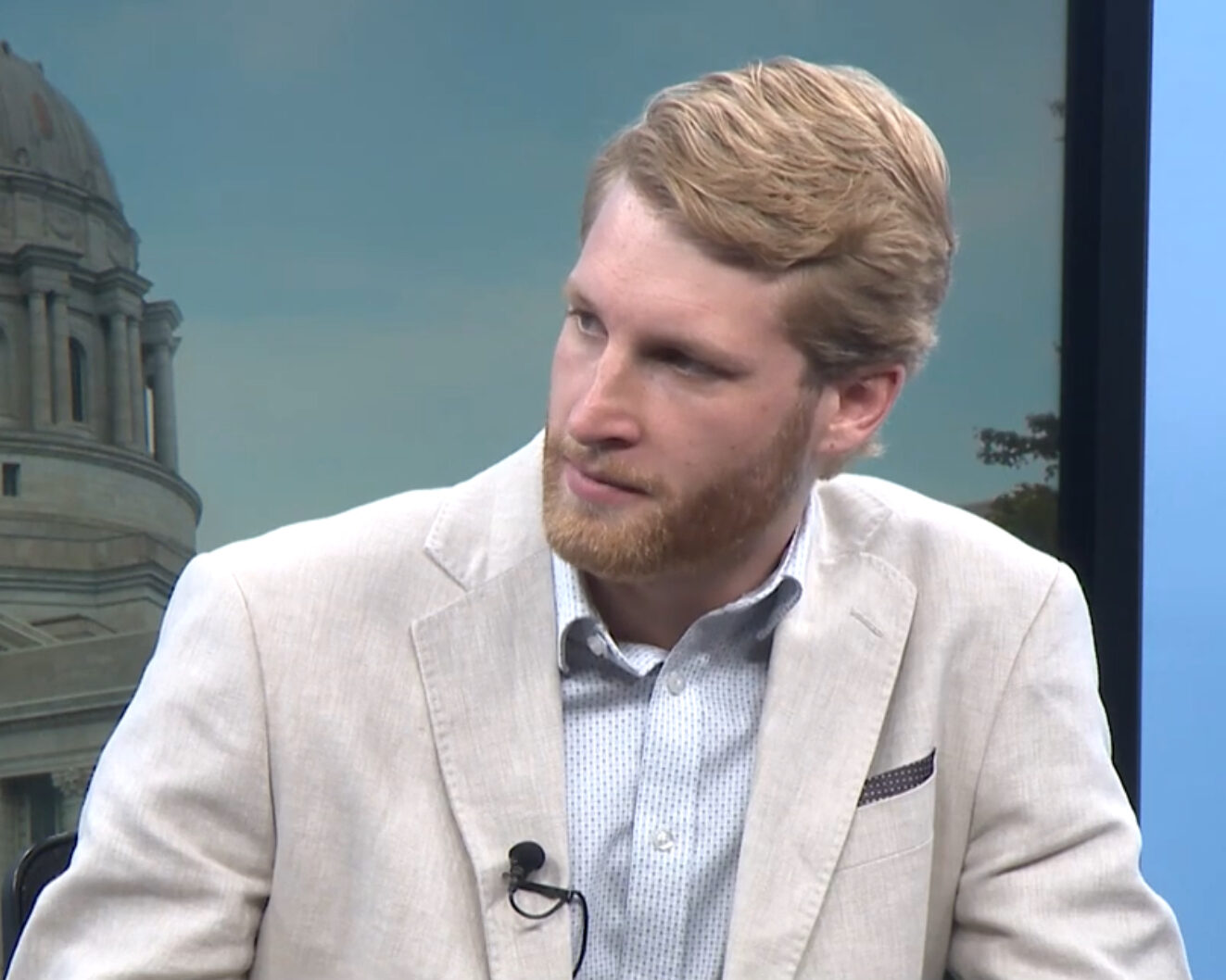On a day that underscored Missouri’s deep agricultural roots and rural priorities, Governor Mike Kehoe signed two major bills into law that aim to transform life in rural Missouri, expanding access to affordable health care and protecting one of the state’s most precious natural resources: water.
The legislation, Senate Bills 79 and 82, was praised as a hard-earned victory by the Missouri Farm Bureau (MOFB), Missouri Soybeans, and rural advocates across the state. The ceremonies, held at the Missouri Farm Bureau Headquarters and the Center for Soy Innovation, drew farmers, legislators, health care providers, and conservation leaders in a strong show of unity.
“Agriculture and rural communities are the backbone of Missouri,” said Governor Kehoe. “By expanding health care options and protecting our water resources for future generations, we’re making sure the families who feed, fuel, and clothe this state have the support they need to keep doing what they do best.”
Senate Bill 79: A Lifeline for Rural Health
Signed at the Missouri Farm Bureau Headquarters in Jefferson City, Senate Bill 79 establishes a framework to offer Farm Bureau Health Plans in Missouri. Already operating successfully in 10 other states, these plans offer a much-needed alternative for Missourians who don’t qualify for subsidized coverage or can’t afford marketplace plans.
“These plans are going to be game-changers for our members,” said MOFB President Garrett Hawkins. “They’ll help young farmers return to the land, support rural entrepreneurs starting their own businesses, and offer a real path to affordable health protection for hardworking families.”
Though not classified as insurance and exempt from traditional insurance regulation, Farm Bureau Health Plans provide real-world coverage options. Hawkins described them as “another tool to help the next generation of farmers thrive.”
In addition to authorizing the health plans, SB 79 also includes several provisions aimed at improving access and equity in rural health care:
- MO HealthNet will now cover medically necessary cochlear implants and hearing aids.
- Patients in rural and underserved areas can access telehealth services via audio-only calls, ensuring care is not limited by broadband access or proprietary platforms.
- Prenatal testing protocols will be updated to align with current medical standards, ensuring timely and quality care for expectant mothers.
Senate Bill 82: Guarding Missouri’s Water for the Future
Later in the day, at the Missouri Soybeans’ Center for Soy Innovation, Governor Kehoe signed the Water Preservation Act, SB 82. The bill was a culmination of years of advocacy, negotiation, and consensus-building among agricultural and conservation groups.
“This legislation represents smart, Missouri-driven policy that prioritizes our long-term needs,” said Governor Kehoe. “By establishing safeguards without overstepping constitutional boundaries, we’re taking a proactive step to ensure the state’s water stays available for Missouri’s future.”
The law creates a permitting framework through the Department of Natural Resources to regulate large-scale water exports, ensuring transparency and oversight. It also establishes a 30-mile buffer zone for limited water transport into neighboring states, while preventing that water from being rerouted elsewhere.
With water-stressed states increasingly seeking outside sources, Missouri’s abundant supply has become a tempting target. This new law is meant to ensure that Missouri’s farmers, communities, and ecosystems are protected from excessive or unregulated exportation.
Missouri Soybeans Interim CEO Casey Wasser praised the law as the result of persistent advocacy.
“Water is one of Missouri agriculture’s most precious resources, and we commend Governor Kehoe for his leadership in safeguarding it,” Wasser said. “We’re proud to host today’s signing and celebrate this victory with the farmers and partners who helped make it possible.”
The new law will officially go into effect on August 28, 2025.
A Day of Rural Triumph
The Missouri Farm Bureau, the Missouri Soybeans, and a coalition of rural voices played critical roles in building momentum and shaping the policy that ultimately to the passage of both bills.
“This is a significant win for our members and all rural Missourians,” said Hawkins. “We listened, we worked together, and today, we’re delivering real solutions for the people who keep Missouri running.”
As the ceremonies concluded, Governor Kehoe reminded the crowd that these victories were about more than legislation, they were about people.
“This is what good government looks like,” he said. “Practical solutions, rooted in Missouri values, that help real people. And that’s what we’ll keep fighting for.”
For rural Missouri, today marks progress worth celebrating.

Jake Kroesen is a Jackson County native and a graduate of the University of Central Missouri. He holds a B.S. in Political Science.














